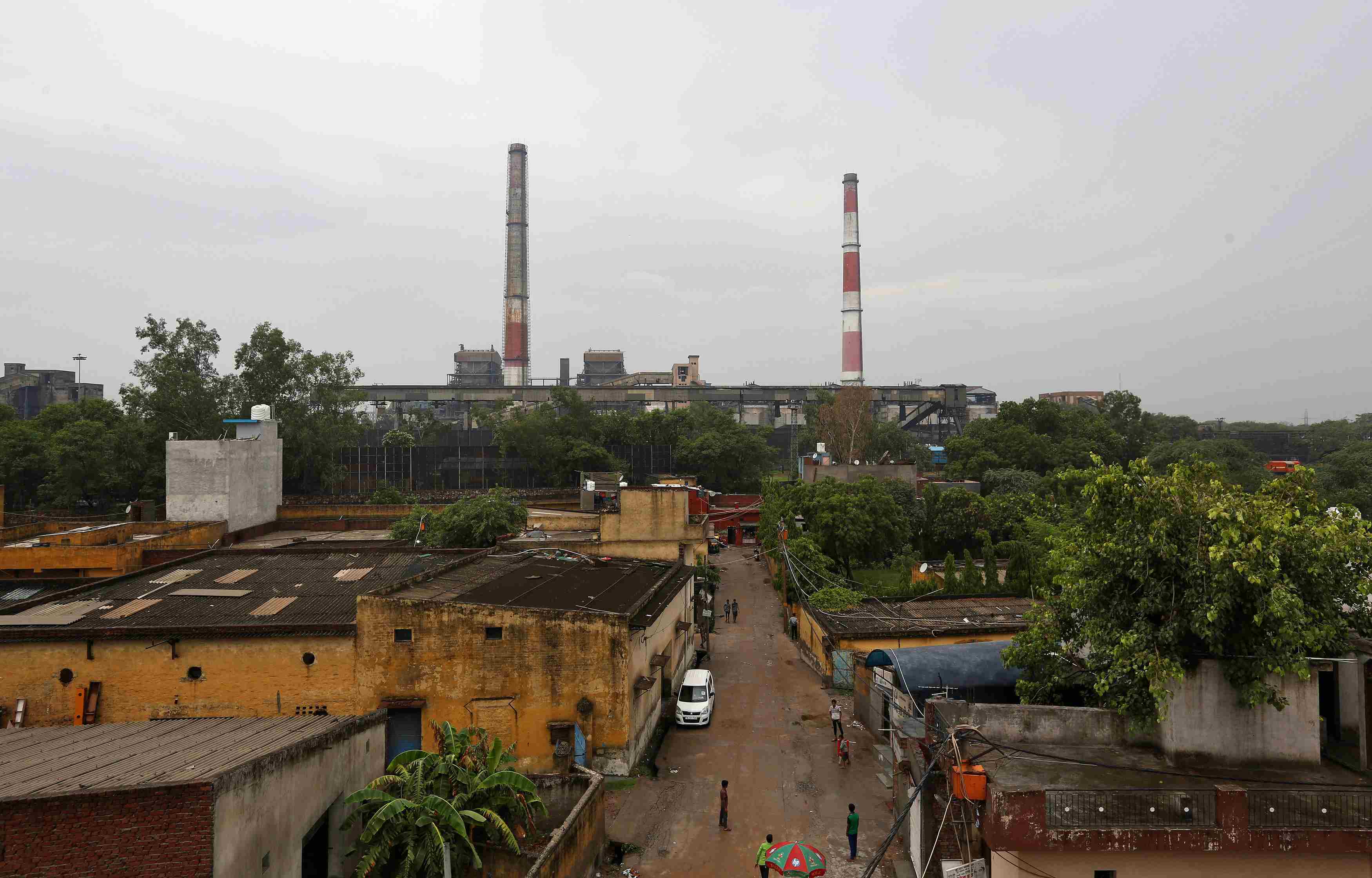India–US Trade Tensions Rise Over Steel and Auto Tariffs NMDC Limited reports a 38% drop in Q4 FY24 consolidated net profit RINL to Raise $23 Million Through Land Sales Amid Crisis

A panel of Indian ministry officials has proposed for a greater carbon tax on higher-quality imported coal while lowering prices on domestic coal in order to reduce exports of the polluting fuel, according to the coal ministry.
Coal is one of India's five most valuable commodity imports. Although its production has surged domestically, mostly of high-ash content, low-quality coal, it has not reduced imports and is now the world's second-largest importer.
In its report to the coal ministry, the panel said that the existing ₹400 carbon tax rate on every metric tonne of coal, irrespective of the grade purchased, promoted imports and hurt coal sales from domestic mines. The officials, drawn from ministries ranging from power and trade to railways, shipping, mines and steel, said the tax should be charged on an ad valorem basis to directly relate to coal price and quality rather than the fixed amount set now.
The panel said the tax should be adjusted in a “revenue-neutral way” to avoid a loss to the exchequer. India’s finance ministry makes final decisions on taxes. The panel said such “regressive” taxes also boosted electricity tariffs, as utilities mostly use domestic coal, while other users, such as sponge iron makers, choose imports instead.
The tax amounted to 3.7% of the total value of shipments during the year ended March 2022, nearly seven times the average levy of 24.8% on purchases of domestic coal, the report said. “It results in increasing price of the domestic coal having lower calorific value than that of the imported coal having higher calorific value,” it added.
India’s thermal coal imports, used to generate power, rose nearly 10% in 2023 to 176 million tons, despite record production by state-run Coal India, which accounts for about 80% of domestic output. Australia, Indonesia and South Africa are India’s biggest fuel suppliers.
Also Read : Adani builds world’s largest renewable energy park in Gujarat Coal India wins bid for solar power project in Gujarat